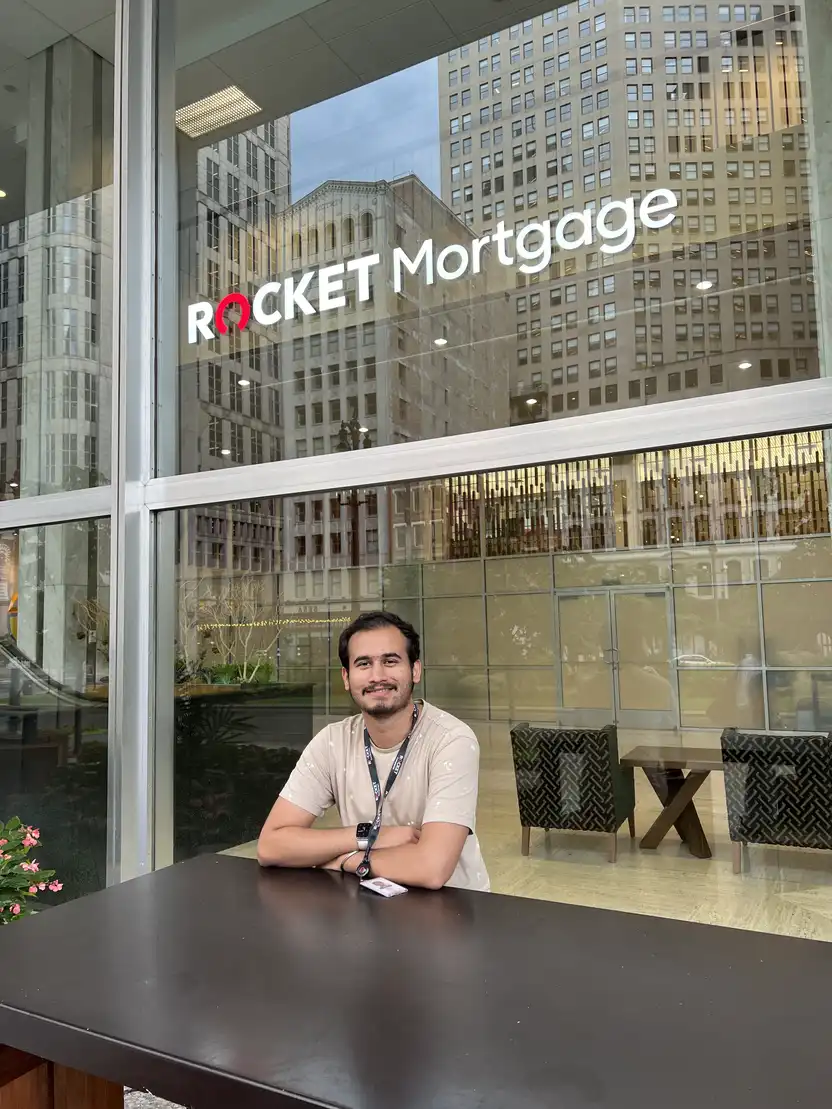What is Modular Design?
Modular design is an approach to designing systems that emphasizes the subdivision of a system into smaller parts or modules that can be independently created, modified, replaced, or exchanged between different systems. This design paradigm is integral to efficient product development, offering flexibility and scalability while maintaining a cohesive system structure. It is widely utilized across various industries including web development, architecture, and manufacturing, allowing for streamlined processes and adaptability to evolving demands.
Key Takeaways
- Modular design involves dividing a system into independent modules that can function on their own and be reconfigured as needed.
- This approach enhances flexibility, allowing for easy updates, customization, and maintenance of products or systems.
- It promotes scalability as new functionalities or modules can be added without overhauling the entire system.
- Modular design can lead to cost efficiencies through reduced development time and resource allocation.
- It is applicable across various fields such as software development, architecture, manufacturing, and web design.
Benefits of Modular Design in Marketing and Design
In the realm of marketing and design, modular design is particularly valuable for creating adaptable and dynamic digital experiences. For example, websites constructed with modular design principles use reusable components that can be rearranged with ease, facilitating A/B testing and personalization to enhance user engagement and conversion rates.
For design teams, modularity allows for quicker prototyping and iteration. Designers can focus on refining individual components rather than repeatedly building entire structures from scratch. This elevates efficiency and promotes creativity as team members can experiment with different layouts and styles without disrupting the whole system.
Applications Across Industries
Beyond marketing and design, modular design is pivotal in various sectors. In manufacturing, for example, it empowers companies to produce products with interchangeable parts, simplifying repairs, and upgrades. In software engineering, modular programming languages like Python encourage the use of reusable code blocks, boosting productivity and facilitating collaboration among developers. Similarly, in architecture, modular buildings use prefabricated sections, ensuring quick and cost-effective construction.
The Bottom Line
Modular design is fundamental for businesses aiming to remain competitive in rapidly changing markets. Its adaptability, cost-effectiveness, and efficiency are crucial for organizations seeking to enhance their innovation capabilities and optimize their design and marketing efforts. By embracing modular design, businesses can swiftly respond to new opportunities and challenges, ensuring sustained growth and success.















